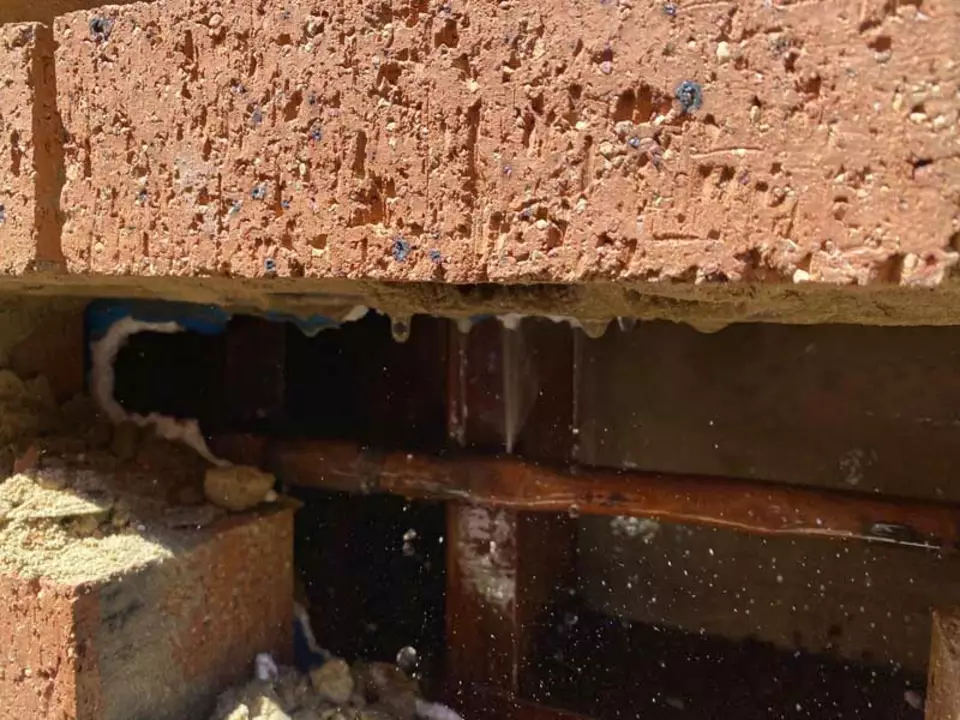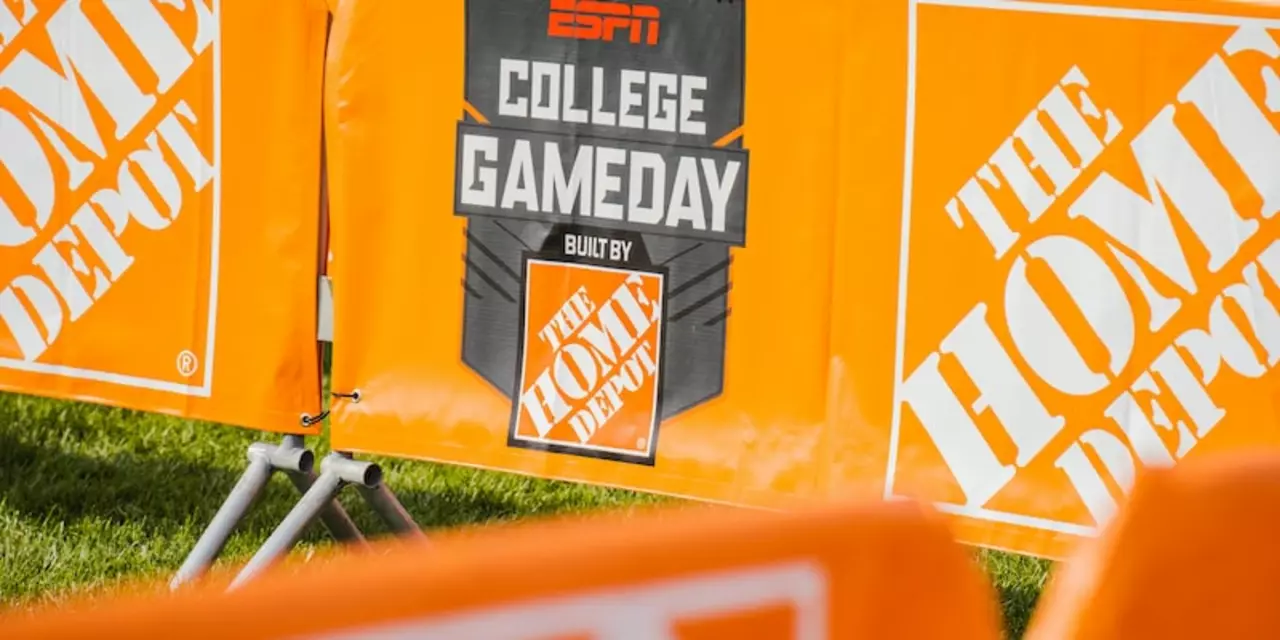What are the typical reasons for water damage in houses?

Identifying and Preventing Common Causes of Water Damage in Homes
One of the most common problems faced by homeowners is water damage. It can be caused by a variety of different factors, from plumbing problems to roof leaks. Understanding the most common causes of water damage can help you take steps to protect your home from costly repairs.
Leaking Pipes and Fixtures
One of the most common causes of water damage in the home is leaking pipes and fixtures. Leaks can be caused by old or damaged plumbing, or due to improper installation. Even small leaks can cause major damage over time, so it’s important to repair any leaks as soon as they’re discovered. If you’re not sure where the leak is coming from, you may want to call a licensed plumber to inspect your home and identify the source of the problem.
Heavy Rains and Flooding
Heavy rains can cause flooding in parts of the home that are susceptible to flooding, such as basements and crawl spaces. If you live in an area that is prone to flooding, you may want to consider investing in a sump pump or other water-resistant barriers to help prevent water damage. You should also inspect your home regularly for any signs of water damage and make repairs as soon as possible.
Damaged or Missing Roofing
Roofing is essential in keeping your home safe from water damage. If your roof is damaged or missing shingles, it can create an opening for water to enter your home. If you notice any signs of missing or damaged shingles, be sure to address the issue as soon as possible to prevent further damage.
Sewage Backups
Sewage backups are another common cause of water damage in homes. These can be caused by clogged or broken pipes, or by an accumulation of debris in your sewer line. If you notice an unusual smell or any signs of standing water in your home, you should contact a professional plumber to inspect your plumbing and sewer lines.
Foundation Cracks
Cracks in your foundation can allow water to enter your home, leading to water damage. If you notice any cracks in your foundation, you should address the issue immediately. You may need to have the foundation repaired or waterproofed in order to prevent further damage.
Poor Drainage
Poor drainage can cause water to collect around the foundation of your home and lead to water damage. You should check your gutters and downspouts regularly to make sure they’re clear of debris and are directing water away from your home. Additionally, you should check the grade of your property to make sure it slopes away from your home to prevent pooling of water.
Understanding the Different Types of Water Damage in Houses
Water damage in homes can be caused by a variety of sources, some of them unexpected. Knowing what these sources are and how to prevent them from causing damage is key to avoiding costly repairs or replacements. Below are some of the most common causes of water damage in houses.
Leaking Pipes
A common source of water damage in houses is leaking pipes. Pipes can become damaged due to age, wear and tear, and improper installation. If left unchecked, a leaking pipe can cause extensive water damage to walls, flooring, and other parts of the home. This is why it's important to inspect pipes regularly and address any issues quickly.
Flooding
Flooding is another common source of water damage in houses. Flooding can occur due to heavy rains or even a burst pipe. It can cause extensive damage to the home and its contents, so it's important to take steps to protect the home from flooding. This includes installing a sump pump, making sure gutters are clear of debris, and taking other steps to limit the potential for flooding.
Humidity
High humidity levels inside the home can also lead to water damage. Humidity levels that are too high can cause wood to warp and rot, leading to damage to the home's structure. It can also lead to mold and mildew growth, which can cause health problems. To avoid this, be sure to keep the humidity levels in the home between 30-50%. This can be achieved through the use of a dehumidifier.
Improper Ventilation
Improper ventilation can also cause water damage in houses. When the home does not have adequate ventilation, moisture can become trapped in the air. This can cause damage to walls, ceilings, and other parts of the home. To prevent this, be sure to install proper ventilation systems, such as exhaust fans and vents, to help keep the air in the home dry and free of moisture.
Foundation Issues
Foundation issues can also cause water damage in houses. If the foundation of the home is not properly sealed or constructed, water can seep into the home and cause damage. This can be avoided by having the foundation inspected and repaired by a professional if necessary.
Roof Leaks
Roof leaks are another common source of water damage in houses. If left unchecked, a roof leak can cause damage to walls, ceilings, and other parts of the home. To avoid this, be sure to inspect the roof regularly for any signs of damage or leaks. If any are found, be sure to address the issue quickly to reduce the potential for water damage.
What Homeowners Need to Know About Water Damage Prevention
Water damage can lead to extensive repairs and extensive costs for homeowners. It is important to be aware of the potential causes of water damage to be able to prevent it from occurring in the first place. Some of the most common reasons for water damage in houses include:
Leaking Pipes
A leaking pipe is one of the most common causes of water damage in homes. This can occur due to aging pipes, faulty connections, or a clog in the system. It is important to check your plumbing regularly and have it serviced by a professional if needed. If you notice any signs of leaking pipes, contact a plumber immediately to prevent further damage.
Flooding
Flooding can occur due to heavy rain or overflowing rivers. If you live in an area prone to flooding, it is important to take the necessary precautions to protect your home. This includes installing sump pumps and flood barriers, as well as keeping your gutters and drains clear of debris. If flooding does occur, take immediate action to minimize damage.
Mold Growth
Mold can grow in damp, dark areas of the home. This can occur when there is a leak or water damage, or if the home does not have proper ventilation. To prevent mold growth, it is important to keep the home dry and properly ventilated. If mold does start to form, it should be removed immediately to prevent it from spreading.
Roof Damage
A damaged or leaking roof can lead to water damage in the home. It is important to have your roof inspected regularly to ensure that it is in good condition. If you notice any signs of damage, contact a roofing professional to have the issue repaired as soon as possible.
Poor Drainage
Poor drainage around your home can cause water to collect in areas where it should not. This can lead to water damage and can also create a breeding ground for pests and mold. It is important to check the drainage around your home regularly and take steps to ensure that water is directed away from the foundation.
Condensation
Condensation can occur when warm and cold air meet, causing water droplets to form. This can happen in areas with poor ventilation, such as bathrooms, kitchens, and basements. To prevent condensation from forming, it is important to ensure that these areas have adequate ventilation.
DIY Tips for Repairing Water Damage in Your Home
Water damage in a home can be caused by many different issues, ranging from plumbing problems to heavy rains and floods. It's important to understand the typical causes of water damage and be prepared to act quickly if you experience any of them in your home.
Common Causes of Water Damage in Houses
One of the most common causes of water damage in a house is a burst pipe. Pipes can burst for various reasons, such as corrosion, freezing temperatures, and clogs. It's important to check your pipes regularly for signs of wear and tear and to make repairs as soon as possible in order to avoid a major water damage issue.
Another common cause of water damage is excessive rain and flooding. If your area experiences heavy rain or flooding, it may be necessary to install waterproofing around your home or basement to prevent water from seeping in and causing damage. Additionally, it's important to be aware of the possibility of flash flooding and to take steps to protect your home in the event of such a situation.
Finally, appliance malfunctions can also cause water damage in a house. If an appliance such as a dishwasher, washing machine, or refrigerator is not functioning properly, it can cause leaking or flooding. It's important to check your appliances regularly and to have them serviced by a professional if necessary.
Steps to Take After Water Damage
If you experience water damage in your home, it's important to act quickly in order to minimize the damage and prevent further problems. The first step is to identify the source of the water and shut off the water supply if possible. Next, you should assess the damage and determine what areas need to be dried and repaired.
It's also important to contact a professional water damage restoration service if the damage is extensive. A professional can assess the damage, extract any standing water, and use specialized equipment to dry out the affected area and prevent mold growth. Additionally, a professional can also help to repair any structural damage caused by the water.
Preventing Future Water Damage
It's important to take steps to prevent water damage in your home. Regularly inspect your pipes and appliances for signs of wear and tear, and make repairs as soon as possible. Additionally, consider installing waterproofing around your home and basement to prevent water from seeping in from the outside. Finally, be aware of the possibility of flash flooding and take steps to protect your home in the event of such a situation.
